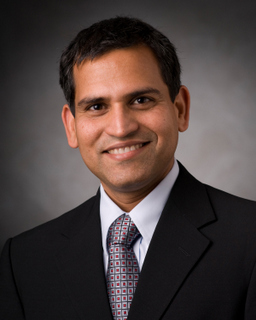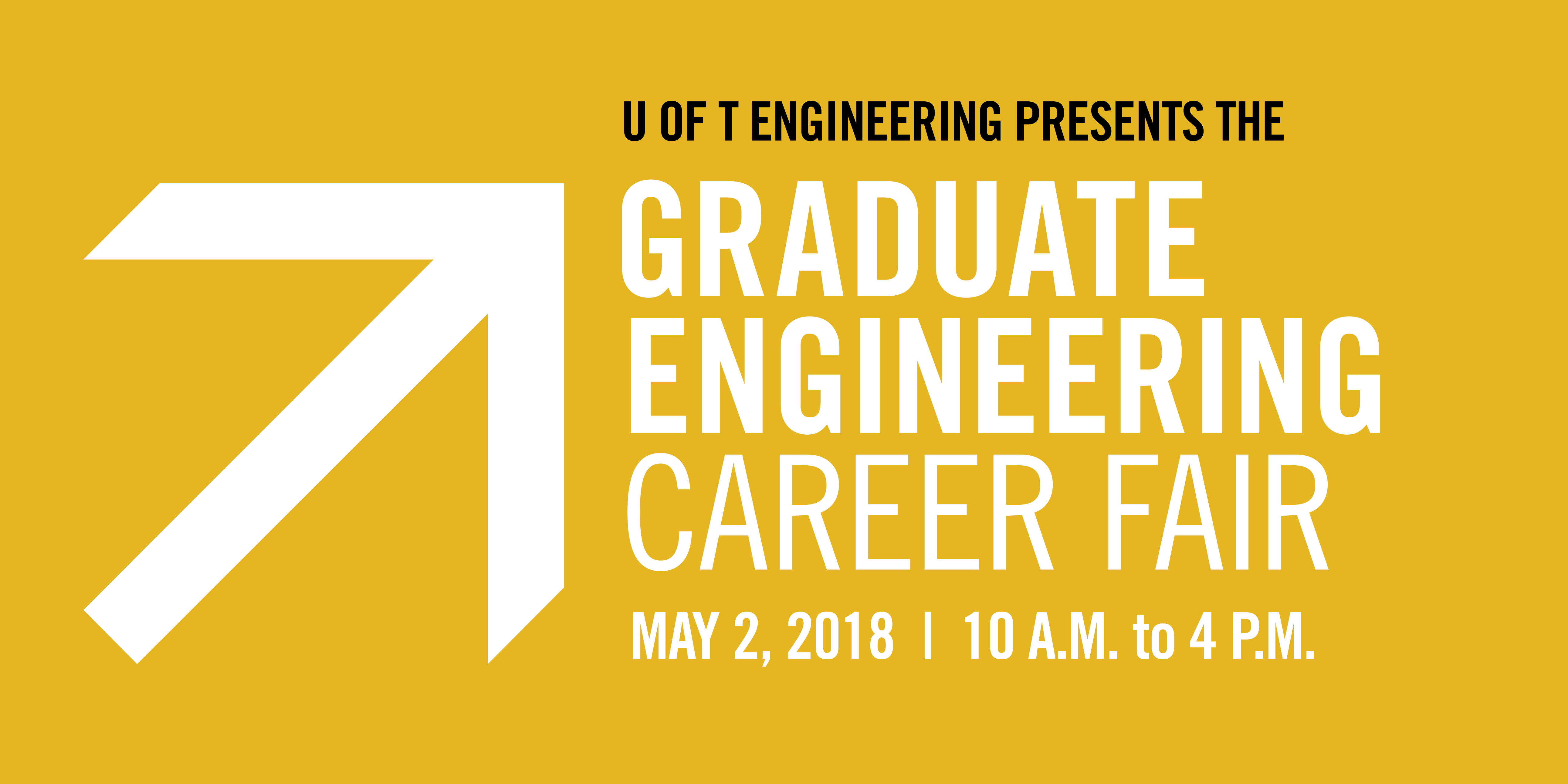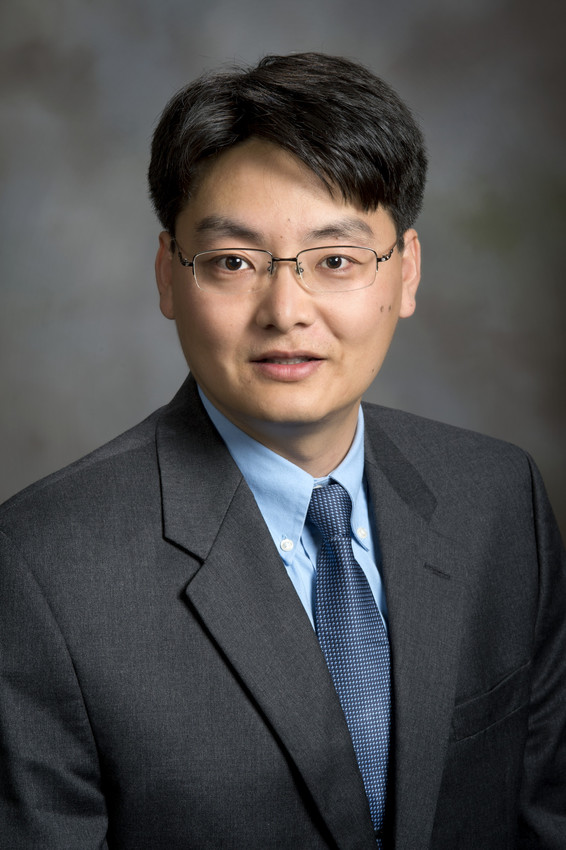Join the Canada Council for the Arts for this special anniversary event featuring acclaimed winners of the Killam Prize. In an insightful panel discussion, three of Canada’s leading researchers will address the importance of creativity and imagination in the field of research, and the societal impact of their work in today’s world.
The event is moderated by Paul Kennedy, Host of CBC Radio Ideas.
Panelists:
Dr. John Borrows, Lawyer specializing in indigenous legal rights, University of Victoria
Dr. Victoria Kaspi, Astrophysicist and director of the McGill Space Institute, McGill University
Dr. Molly Shoichet, Biomedical engineer and Ontario’s Chief Scientist, University of Toronto
A reception will follow.
2017-18 AEESP Distinguished Lecture
Co-hosted by Engineering Departments at the University of Toronto, York University, and Ryerson University
“Proliferation and Control of Multidrug-Resistant “Superbugs” in Sewage Treatment Plants”
Pedro Alvarez, Rice University
University of Michigan Professor, Dr. Erin A. Cech as part of ILead seminar series (11:10 am – 12:00 pm, GB 202, Wednesday, March 7).
Summary: The professional cultures, which give each discipline its particular “feel” and unite members under a system of meaning and values, are not benign. Dr. Cech will explain how these cultures can disadvantage women and other under-represented groups in STEM. Specifically, she’ll discuss the role of three cultural ideologies in producing disadvantage: schemas of scientific excellence, depoliticization, and the meritocratic ideology. She’ll end by explaining why decisions that partially rely on assessments of a person’s “fit” with a professional culture, such as admissions, hiring, tenure, are particularly important to examine for their potential to contribute to inequality.
MANISH KUMAR
Pennsylvania State University
Membranes are rapidly becoming the fastest growing platform for water purification, reuse, and desalination. They are also important for industrial separations, and are being considered for applications involving catalysis and sensing. All synthetic membranes have selectivity-permeability tradeoffs, i.e if a membrane has high permeability, it will have a lower selectivity between two solutes or between a dissolved solute and a solvent. This is due to the mechanism of solution-diffusion through a wide distribution of free volume elements in non-porous membranes, such as reverse osmosis membranes used for desalination, and a wide pore size distribution in porous membranes. A simple solution, in concept, to such a challenge is to do what nature does – design precise angstrom to micron-scale pores with no polydispersivity. However, so far such an ideal has not been realized in synthetic membranes and in particular for angstrom-scale separations. I will describe what we think is an achievement of such an ideal based on pillar[5]arene artificial channels, where pore selectivity and permeability are preserved and demonstrated at each stage from chemical design, molecular transport characterization, simulation, self-assembly to finally membrane fabrication and testing, resulting in bioinspired artificial water channel based block copolymer membranes.
 MANISH KUMAR is an Associate Professor of Chemical Engineering, Environmental Engineering (by courtesy), and Biomedical Engineering (by courtesy) at Penn State. He received his bachelor’s degree from the National Institute of Technology in Trichy, India in Chemical Engineering. He completed an MS in environmental engineering at the University of Illinois, and then worked for approximately seven years in the consulting industry on applied research projects (lab, pilot, and full-scale) on membranes for water and wastewater treatment. Manish returned to Illinois to complete a PhD in the area of biomimetic membranes and then conducted postdoctoral research at the Harvard Medical School on the structure of water channel proteins, aquaporins. He works in the areas of membrane protein structure and biophysics, membrane protein enhanced synthetic block copolymer membranes, and on developing artificial membrane proteins and biocompatible electrical interfaces. The overarching interest of his group, however, is in developing novel strategies to improve the performance of separation membranes using truly interdisciplinary approaches. He has received the NSF CAREER award and the Della and Rustom Roy award for outstanding materials research.
MANISH KUMAR is an Associate Professor of Chemical Engineering, Environmental Engineering (by courtesy), and Biomedical Engineering (by courtesy) at Penn State. He received his bachelor’s degree from the National Institute of Technology in Trichy, India in Chemical Engineering. He completed an MS in environmental engineering at the University of Illinois, and then worked for approximately seven years in the consulting industry on applied research projects (lab, pilot, and full-scale) on membranes for water and wastewater treatment. Manish returned to Illinois to complete a PhD in the area of biomimetic membranes and then conducted postdoctoral research at the Harvard Medical School on the structure of water channel proteins, aquaporins. He works in the areas of membrane protein structure and biophysics, membrane protein enhanced synthetic block copolymer membranes, and on developing artificial membrane proteins and biocompatible electrical interfaces. The overarching interest of his group, however, is in developing novel strategies to improve the performance of separation membranes using truly interdisciplinary approaches. He has received the NSF CAREER award and the Della and Rustom Roy award for outstanding materials research.
“Rethinking Education for the 21st Century”
Sanjay Sarma, Massachusetts Institute of Technology
The Department of Chemical Engineering & Applied Chemistry at U of T invites you to the
2nd annual ChemE Exhibition & 33rd ChemE Dinner, Friday, March 23
Special talk given by Professor Tim Bender: Harnessing the Power of the Sun with See Through Materials Using Organic Chemistry
4:00pm – 5:00pm (Free)
Poster Gallery and Cocktail Reception
5:00pm – 6:45pm (Cash bar)
33rd ChemE Dinner
7:00pm – 9:30pm ($70/Person)
All events will be held at 89 Chestnut Street Residence. Please rsvp at http://uoft.me/2018chem by Friday, March 9
If you wish to sponsor a student dinner table, please email jennifer.hsu@utoronto.ca
“Metabolite Valves: Dynamic Control of Metabolic Flux for Pathway Engineering”
Kristala Jones Prather, Massachusetts Institute of Technology
 Join us on May 2, 2018 for the Graduate Engineering Career Fair, your opportunity to meet employers who are recruiting students and alumni with graduate degrees in engineering.
Join us on May 2, 2018 for the Graduate Engineering Career Fair, your opportunity to meet employers who are recruiting students and alumni with graduate degrees in engineering.
Employers are seeking current MASc, MHSc, PhD, MEng and MEngCEM students, and alumni to fill a wide range of roles, including:
- full-time opportunities
- part-time opportunities
- internships
- research internships
- summer positions
Please note, only U of T Engineering students and alumni are eligible to attend. Students will be asked to swipe their TCards.
See website for more details and to register:
ZHEN (JASON) HE
Virginia Polytechnic Institute and State University
Sustainable wastewater treatment demands maximized resource recovery and minimized resource consumption. Recovery of valuable resources such as energy, nutrient, water, and other value-added products, will help offset resource consumption by wastewater treatment. Bioelectrochemical systems (BES), as an emerging treatment concept, have attracted a great deal of attention in the past decades. BES rely on the interaction between microorganisms and solid electron acceptor/donors to achieve bioelectricity generation (in microbial fuel cells – MFCs), hydrogen production (in microbial electrolysis cells – MECs), desalination (in microbial desalination cells – MDCs), and organic synthesis (in microbial electrosynthesis cells). Nutrients such as ammonia and phosphorous can also be recovered through electricity-driven processes. BES have been greatly advanced in the aspects of microbiology, chemistry, materials, electrochemistry, and reactor design/operation. However, there is still a lack of successful pilot-scale demonstrations. This presentation will provide an overview of historical development of BES, current status of representative BES technologies, and perspectives towards future research and development.
 ZHEN (JASON) HE is a Professor in the Department of Civil and Environmental Engineering at Virginia Tech. Previously, he was an Assistant Professor at University of Wisconsin-Milwaukee from 2009 to 2013, and then an Associate Professor at Virginia Tech from 2013 to 2017. He received a BS from Tongji University, an MS from the Technical University of Denmark, and a Ph.D. from Washington University in St. Louis, all in Environmental Engineering. He is directing the Environmental Biotechnology & Bioenergy Laboratory with a focus on resource recovery from wastes/wastewater. The ongoing research projects in his lab include bioelectrochemical systems for wastewater treatment, forward osmosis, nutrient removal and recovery, and algal bioreactors. He has published over 160 journal papers, which received more than 8,000 citations according to Google Scholar. He established the Virginia Tech Center for Applied Water Research and Innovations (CAWRI) as an inaugural director. Dr. He is also an Associate Editor for three journals, Science of the Total Environment, Water Environment Research, and Journal of Environmental Engineering, and is on the Editorial Board of the Chemical Engineering Journal. He was the 2017 President for Chinese-American Professors in Environmental Engineering and Science (CAPEES).
ZHEN (JASON) HE is a Professor in the Department of Civil and Environmental Engineering at Virginia Tech. Previously, he was an Assistant Professor at University of Wisconsin-Milwaukee from 2009 to 2013, and then an Associate Professor at Virginia Tech from 2013 to 2017. He received a BS from Tongji University, an MS from the Technical University of Denmark, and a Ph.D. from Washington University in St. Louis, all in Environmental Engineering. He is directing the Environmental Biotechnology & Bioenergy Laboratory with a focus on resource recovery from wastes/wastewater. The ongoing research projects in his lab include bioelectrochemical systems for wastewater treatment, forward osmosis, nutrient removal and recovery, and algal bioreactors. He has published over 160 journal papers, which received more than 8,000 citations according to Google Scholar. He established the Virginia Tech Center for Applied Water Research and Innovations (CAWRI) as an inaugural director. Dr. He is also an Associate Editor for three journals, Science of the Total Environment, Water Environment Research, and Journal of Environmental Engineering, and is on the Editorial Board of the Chemical Engineering Journal. He was the 2017 President for Chinese-American Professors in Environmental Engineering and Science (CAPEES).
Keynote: Engineered bacterial strains to improve gut health through targeting NOD2
Professor Dana Philpott
Department of Immunology, University of Toronto
Also includes: 3 & 15 minute presentations, and poster session
Food provided!